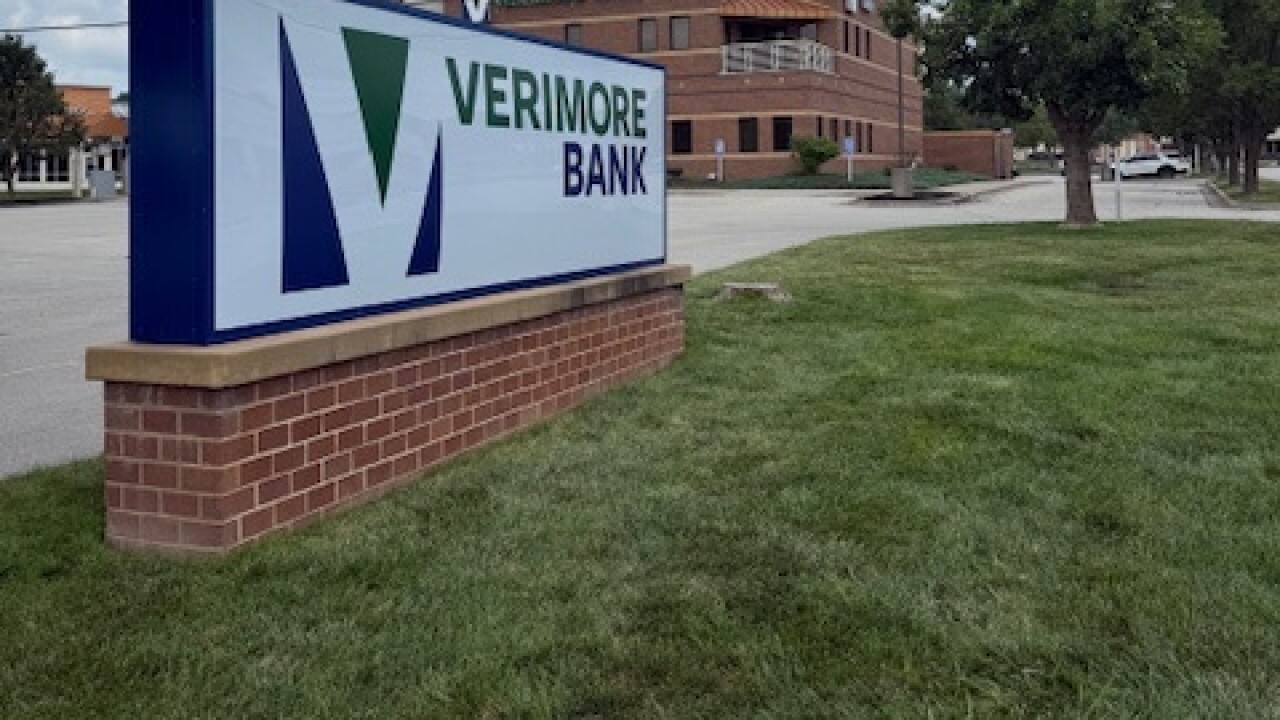A minor crisis arose as Chase Manhattan Corp.'s advertising agency neared completion of a mailing for a new debit card: It needed a cardholder name for the artwork.
It was late at night in March 1996. Don Hogle, Chase's director of retail advertising, was at his desk when the telephone rang. He agreed to let his name appear on the thousands of fliers-plus billboards and posters- promoting the new Chase banking card.
"It was somewhat accidental," said Mr. Hogle, an 11-year veteran of Chase and Chemical Banking Corp. "There is nothing hard-to-grasp or distracting about my name. If I had a complex, bizarre, or funny name, we would have probably used somebody else's."
With all the planning, money, and care that goes into card advertising, selecting a generic-sounding name for promotions seems, perhaps, a minor detail. But constant exposure can plant those names in consumers' minds, conferring minor celebrity on the chosen ones, who are often bank employees.
"In different institutions, there are contests or drawings" to win a place on the sample card, said Bill Anderson, marketing director at BankAmerica Corp.'s credit card bank, Bank of America NA.
These contests "get employees involved in the launch of new products," Mr. Anderson said. The catch is that the lucky winner must have "a common name."
The legalities are fairly routine. The person signs a release giving the right to use his name, and receives some compensation-in the banks' case, usually $1.
Because these contracts have no expiration date, the choices tend to last. Mr. Hogle pointed out that even if he left Chase, the bank still has rights to his name.
American Express Co. has used "Charles F. Frost" and "C.F. Frost" in its green card advertising for so long that many people at the company believe Mr. Frost is a fictional creation. Not so, said Greg Tarman, an American Express spokesman.
"C.F. Frost was a copywriter for Ogilvy & Mather in the 1950s," Mr. Tarman said. "When we launched the product in 1958, his name was on the green card, and it still is."
Visa U.S.A. also pays tribute to one of its former advertising luminaries, John H. Bennett. Mr. Bennett was the architect of Visa's enduring advertising strategy that includes the memorable lines "Everywhere you want to be" and "They don't take American Express."
When Mr. Bennett retired from Visa in October 1996, the company's advertising agency presented him with a scroll. "They said that my name would be on the Visa cards in advertising in perpetuity," Mr. Bennett said. "It was a very touching thing for me."
Mr. Bennett, who is now a consultant in Chatham, N.J., said he has even gotten a client because of it. A former bank card executive saw his name on an advertisement, knew he had retired, and called Visa for his new office number.
Mr. Bennett is also a veteran of American Express-and a former colleague of Mr. Frost. He recalled how Mr. Frost's initials came to be used: "There was a time when we needed to decide whether or not we were going to change the name on the card and put a female name on for certain commercials," he said. "It took quite a bit of discussion. Finally, somebody came up with the idea of shortening Charles Frost to C. Frost."
A Visa spokeswoman said the company had used "A. Mellor" or "Art Mellor" in its ads from 1985 to 1996, to pay tribute to the creative director of its advertising agency, BBDO.
At Bank of America-where "Lee Smith" is often used-the goal is to settle on a name that is "timeless" and can be "reused constantly," Mr. Anderson said.
Like Bank of America, MasterCard International often relies on a unisex first name. "Lee M. Cardholder" was judged to be not "offensive or exclusionary," said R. Douglas Rozman, a MasterCard spokesman.
"It seems to be up to each product group to decide on a name," Mr. Rozman said.
The name on the new MasterCard World card is Russell Jefferson, product manager in the company's premium card product group.
Apparently, Mr. Jefferson was easily persuaded. "What happened was his boss came to him and said, 'We're going to use your name on the card. What do you think of that?'" Mr. Rozman said.
Mr. Hogle of Chase, who finds it "pretty daunting" to see his name on billboards around New York City, said banks seek out a few qualities in a "mascot" name.
"You always want to use a real person so you don't run the risk of using a name that turns out to be a real person who can sue you over it," he said. "And you tend not to go too high in the organization. Me, I'm sort of a behind-the-scenes guy."
Mr. Hogle's name has appeared widely since April 1996. A few old friends have surfaced after seeing the ads and calling the bank, but, as Mr. Hogle said, "no one on the street recognizes my face."
Mr. Hogle said he sometimes feels like he is living a "Seinfeld" episode.
"It's always a great thing when family members are in town visiting," he said. "You just take them by an ATM and say, 'See! I did well when I came to New York!'"





